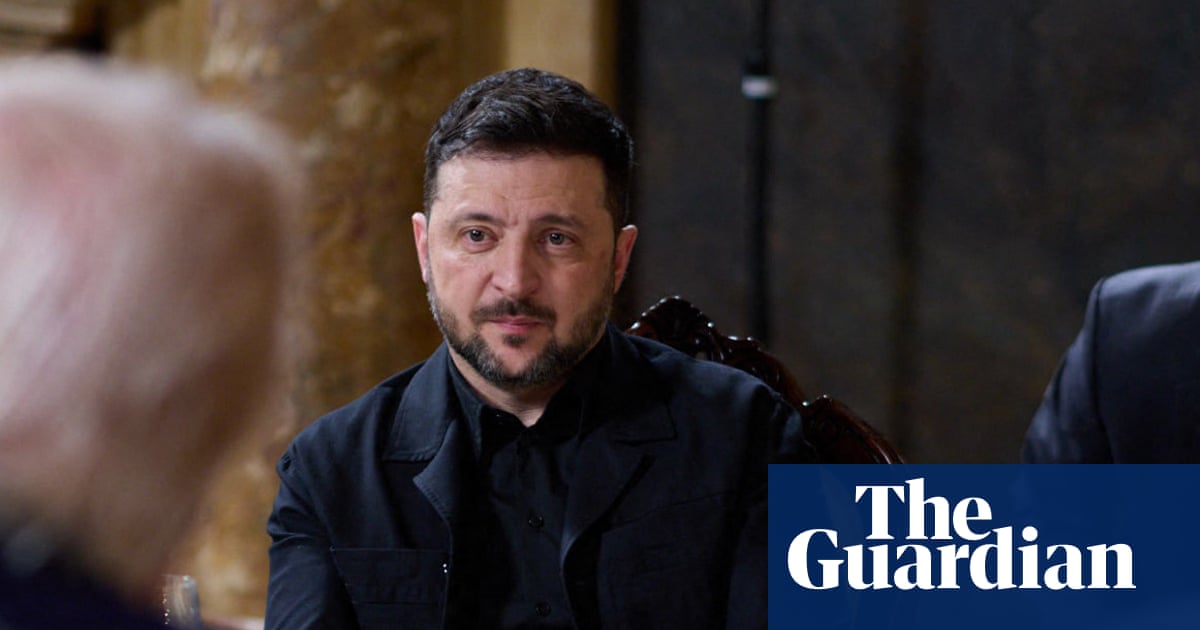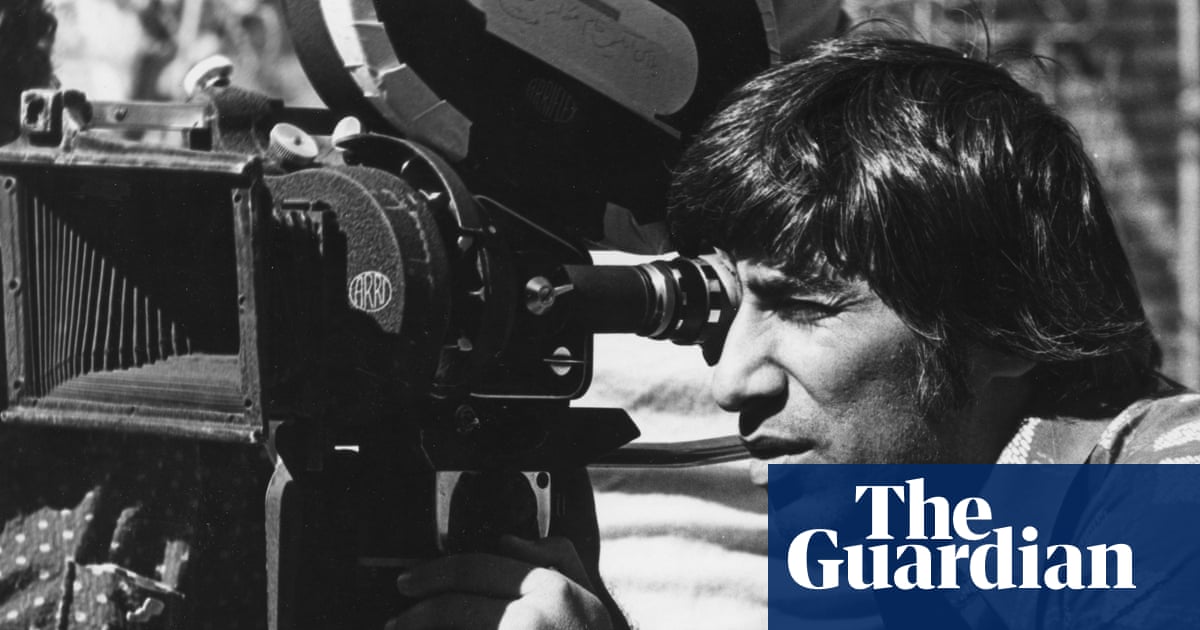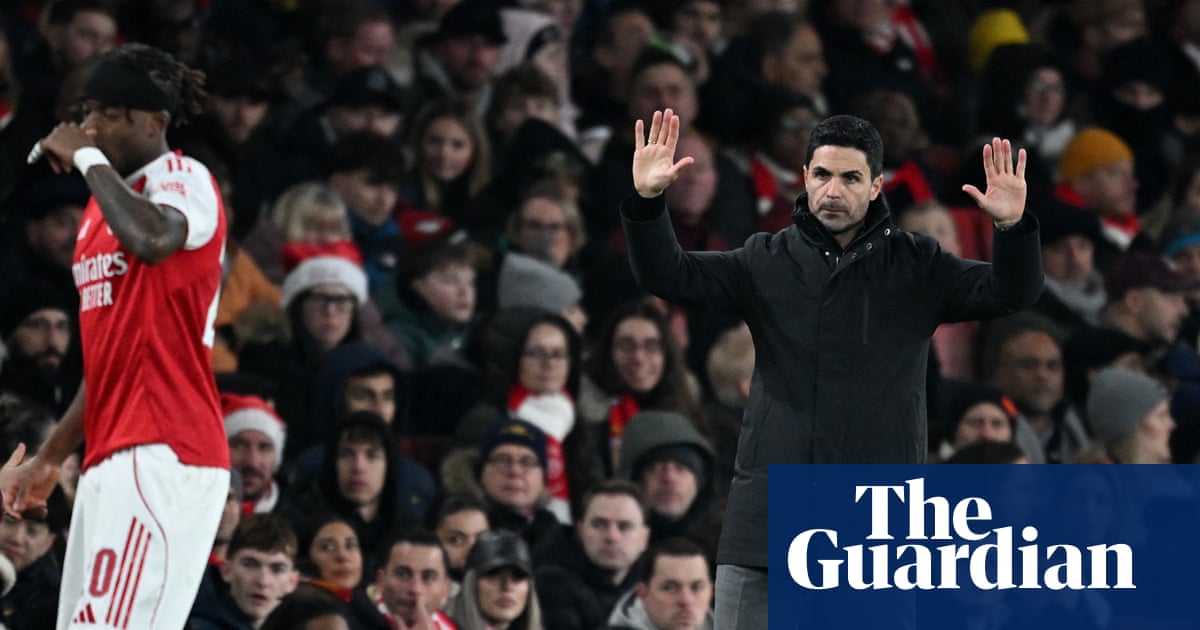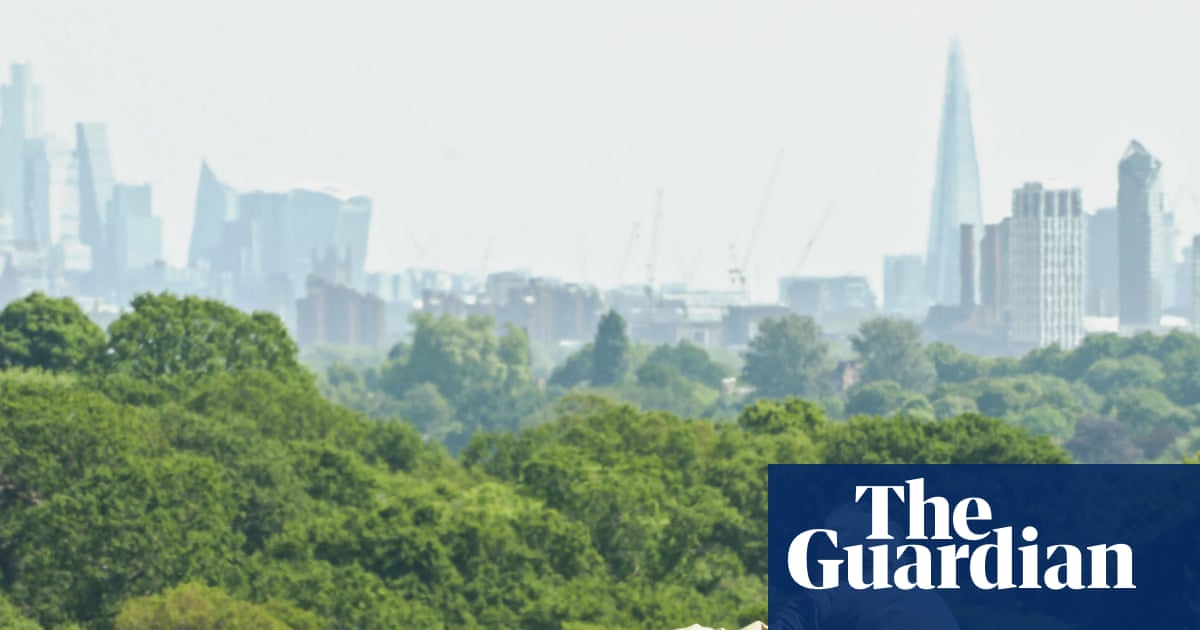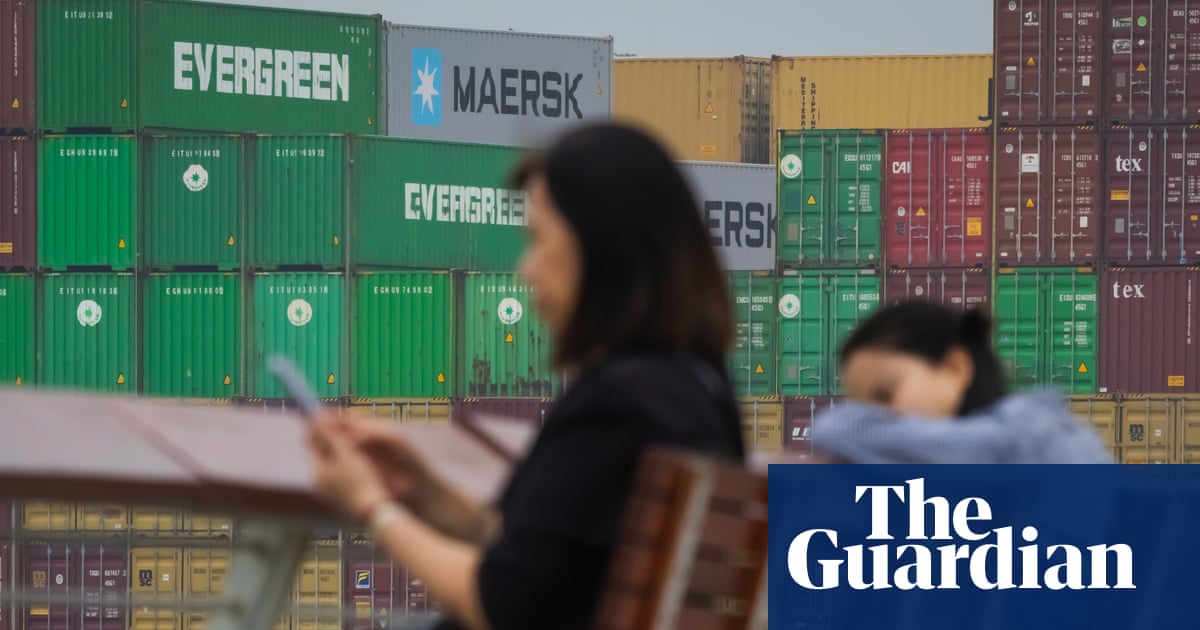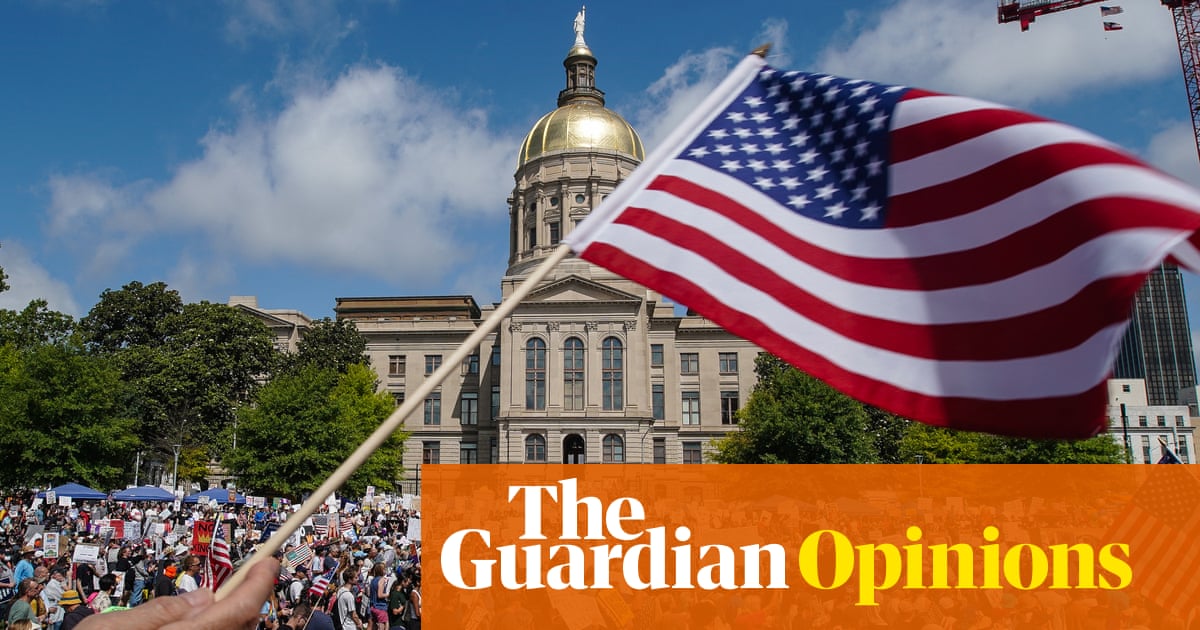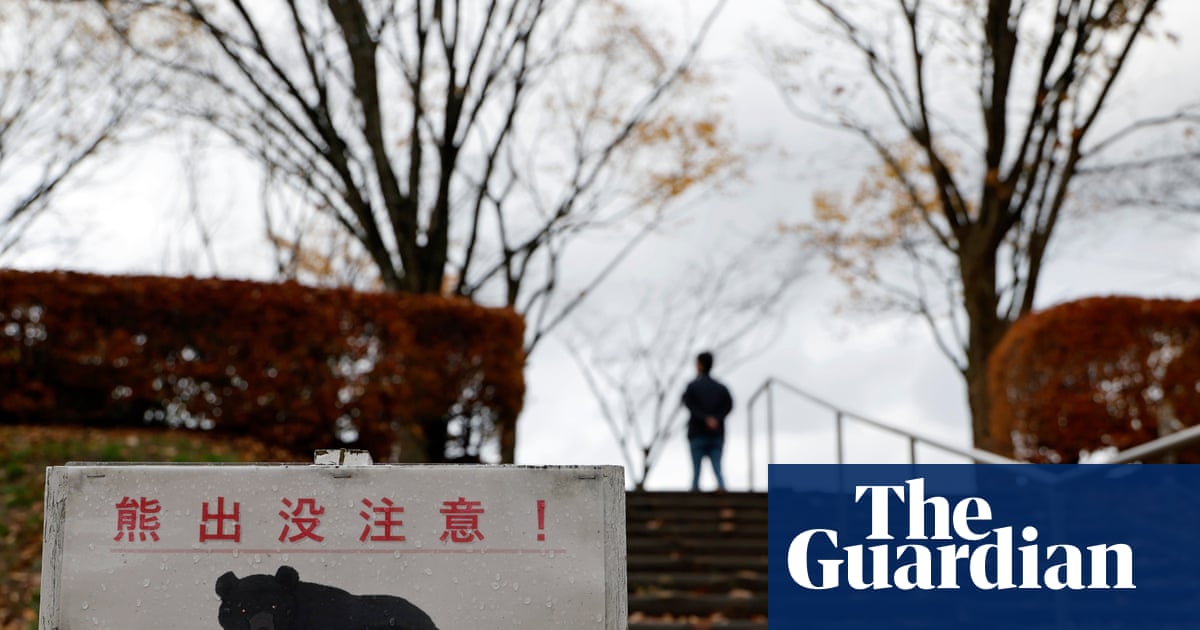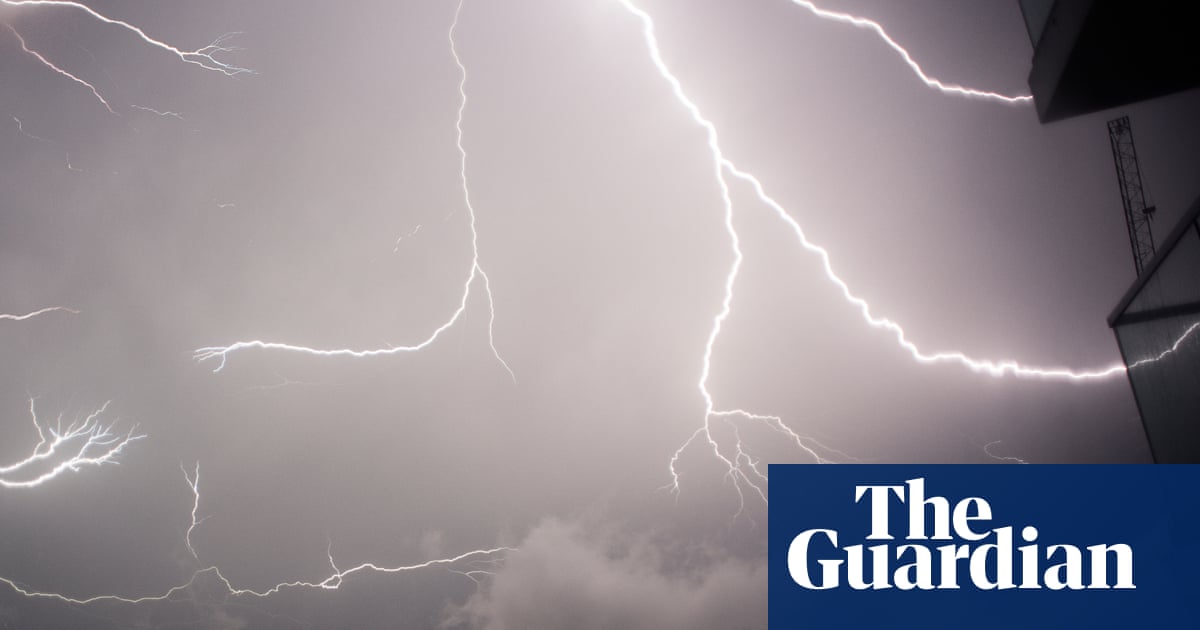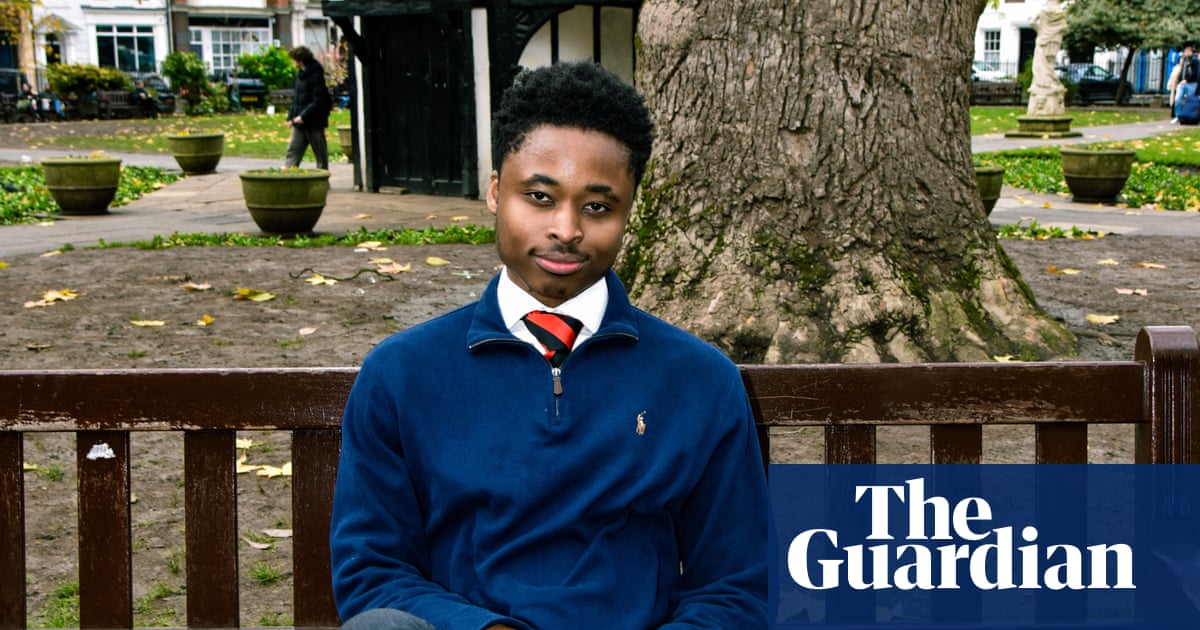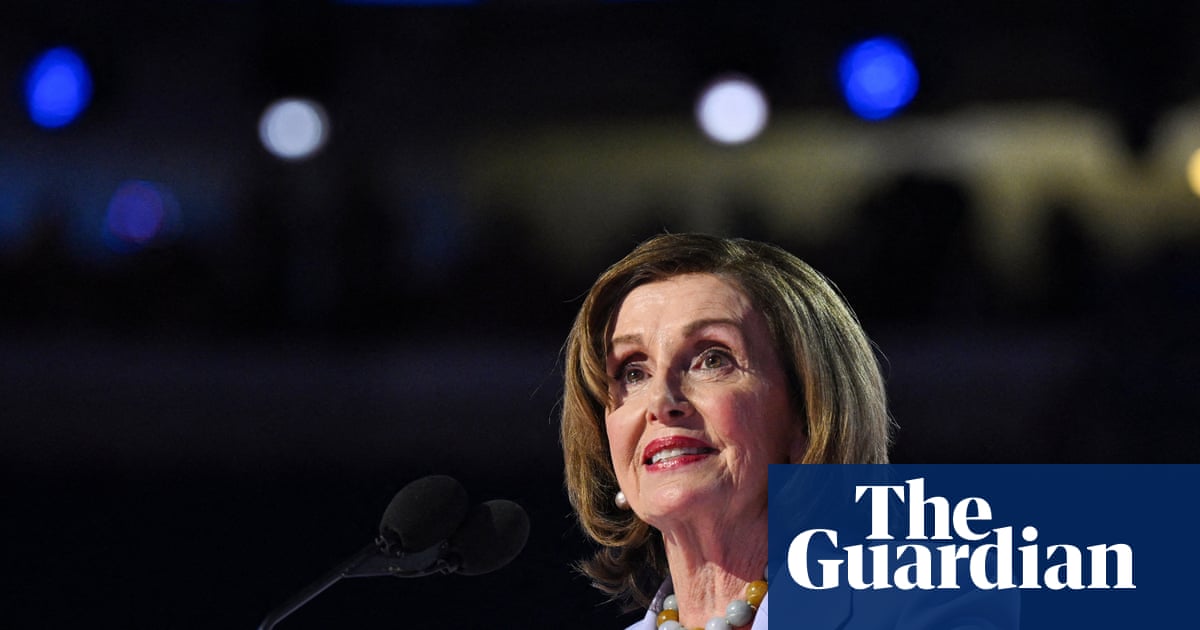Each night we wonder where we are. We sit in comfort watching death and destruction fall on thousands in Gaza and Ukraine. Each night we see buildings exploding, people screaming and children starving. Statesmen stand around and deplore. There is anxious talk of what next – another 9/11 perhaps, or a Cuba 1962? Or is it, as some say, a 1939 or 1914 moment? As for the one man with notional power over the world, Donald Trump, his pledge of an end to wars has proved futile – and a bonanza for defence industries everywhere.
Whenever someone cries that something must be done, I always ask by whom? Day after day, Britain’s Keir Starmer – when he isn’t battling domestic crises and scandals – rises in the Commons to announce that he is working towards a ceasefire. But he is not. He is talking about working. If Trump cannot stop the killing – and he patently cannot – how can Starmer possibly do so? He has taken eagerly to the rhetoric of statesmanship. A lingering legacy of empire is that Britons expect of their rulers a running commentary on world affairs, as in the prime minister yesterday on the killing of Charlie Kirk. I am not aware of Swedes or Italians expecting the same.
In 1901, as Europe’s nations flexed their muscles amid rising tensions, the young Churchill pleaded for caution in such rhetoric. The wars of tomorrow, he said, would no longer be tidy battles between soldiers. Whipped by public opinion, they would be vindictive. “The wars of peoples,” he said, “will be more terrible than those of kings.” And that was before the coming of aerial bombardment.
There can be no virtue at present in predicting global catastrophe. The Gaza conflict is confined to a strip of coast where one atrocity, Hamas’s disgusting 7 October massacre, was met by a monstrously disproportionate one, courtesy of a politically trapped Benjamin Netanyahu. The US is by far his largest supplier of arms and must have an obligation to curb him. The Arab world will doubtless settle its own scores, but we must pray this time that we can stay out of it. Britons owe victims of war their charity, but that is surely all.
As for Ukraine, Russia had reason to regard the 1990s expansion of Nato eastwards with suspicion. It has since respected that boundary in terms of war – until its drones entered Poland this week – but has continued its long tradition of interfering with its smaller neighbours and peoples. Georgia, Chechnya and Ukraine in 2014 all suffered Russian aggression. They were all allowed to pass by the west, as had been the Soviet Union’s interventions in Hungary, Czechoslovakia and Afghanistan in former times.
What was different about Ukraine was the scale of Russia’s attack. Vladimir Putin thought he could swiftly topple Volodymyr Zelenskyy in Kyiv, where he assumed he would find sympathisers. Ukraine was not in Nato, but what shocked the west was the scale of Putin’s arrogance – that and Kyiv’s spirited defence. But Russia can fight for ever. We must assume that sooner or later some extension of the 2014 border will stabilise, probably on Russian terms.
There are two views of what kept the cold war with the Soviet Union cold. One is that Nato’s US nuclear arsenal held at bay a Soviet ambition to conquer Europe. I must have attended a hundred defence conferences, but never have I once seen evidence of this ambition. It deserves to rank among the most costly fictions in modern history, dressed up by defence lobbyists as “insurance”.
The other view is realistic. It is that the cold war policy of containment was a success. The policy was advanced in the aftermath of the second world war by the Russia expert George Kennan, and adhered to by Dwight D Eisenhower and his presidential successors. It averted any direct confrontation with Russia, merely confining it within its “sphere of interest”. The policy defended West Berlin and reacted to Cuba and helped eject the Soviets from Kabul. Communism decayed and collapsed from within.
Whether the west might have done more to help Russia restore its self-respect in the 1990s is the subject of much debate. Instead, Nato’s expansion unleashed the country’s latent reserve of paranoia, personified in Putin. But there is nothing to suggest that the policy of containment is still not effective – witness Joe Biden’s scrupulously limited aid to Zelenskyy.
The west’s strategy of making Zelenskyy believe it would deliver him total victory over Russia was a clear mistake. So too was the counterproductive shambles of western sanctions, and the resulting buildup of a new Brics-plus bloc, led by China. Strategy was sacrificed to tactics.
As for Britain, a cohort of defence chiefs have joined Fiona Hill, co-author of Starmer’s defence review, in maintaining that “Russia is at war with Britain”. It is a war requiring “whole society” mobilisation. This is bonkers. Putin clearly likes pumping his muscles with killings and espionage, and his cyber-attacks must be contained. But terrifying Britons into ever more defence spending merely gives Starmer a free pass for endless foreign trips.
Europe has a real awakening ahead. Forget Trump – the fact is that Americans in future are not going to honour Nato’s guarantees without question. Europe must look to its own, and that means eventually making peace with Russia. If some western European states wish to arm themselves to the hilt, so be it. Russia offers no conquering threat to British territory.
after newsletter promotion
For the time being, Britain does have treaty obligations under Nato, and these require continued containment of Russia in the Baltics. But Starmer has positioned himself as a lead player among other European leaders. He clearly fancies himself as being in the premier diplomatic league, and he needs the equipment to match. He is maintaining a carrier presence east of Suez. He has held on to a Chagos base in the Indian Ocean. He wants to strengthen his nuclear posture with costly fighter jets. These have nothing really to do with the defence of Britain – or Europe – any more than did Blair’s wars in Afghanistan and Iraq.
Pumping up a Russian threat to Britain on the back of Putin’s reckless blunder in Ukraine may make good politics. War always has the best tunes. Boris Johnson could not stay out of Kyiv’s central square. We can shower Ukraine with charity, but this is not Britain’s long-term dispute and no amount of public hysteria will make it so.
The foremost duty of an elected government is the defence of its own people in their own communities. Britons need protecting there as much as ever. But Britain’s home soil has not been under serious military threat since the second world war. All else is a staggering waste of money.
-
Simon Jenkins is a Guardian columnist

 3 months ago
76
3 months ago
76
